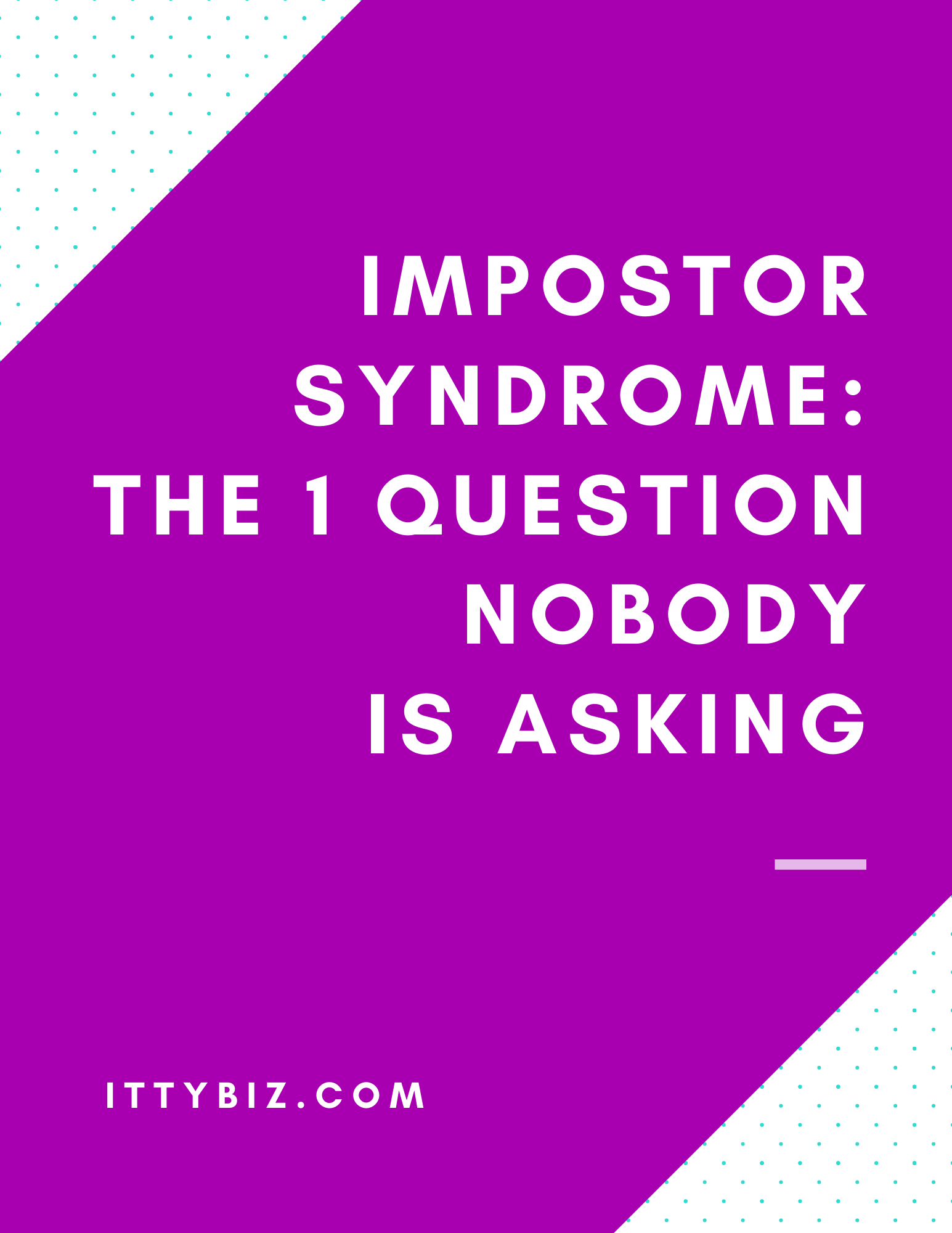Throughout our routines, we often encounter challenges that hinder productivity and personal oque e procrastinacao growth. proclastinação Among the most common issues are procrastination, emotional dependency, and impostor syndrome. They can negatively influence our achievements, but understanding them is the first step to overcoming them.
In this article, you’ll discover what these issues are, why they occur, and practical ways to address them. With the right insights, you can take control of your habits and achieve your goals with confidence.
What is Procrastination?
Procrastination refers to the act of delaying tasks that are important. It is commonly caused by fear of failure, perfectionism, or lack of motivation.

Research shows that procrastination is rooted in the brain’s preference for short-term rewards. People often procrastinate when they feel unmotivated or overwhelmed. Recognizing these triggers is essential to addressing the issue effectively.
What is Emotional Dependency?
Emotional dependency is characterized by a deep reliance on external relationships for approval, validation, or support. While seeking connection is natural, excessive emotional dependency can harm both the individual and the relationship.
People with emotional dependency often feel insecure without constant reassurance. This behavior often stems from childhood experiences, such as a fear of abandonment or low self-esteem. Building self-awareness and working on personal growth can help foster healthier, more independent relationships.
What is Impostor Syndrome?
Impostor syndrome refers to the internalized fear of being exposed as a fraud. Despite evidence of competence, individuals with impostor syndrome doubt their own abilities.

This mindset results in anxiety and self-doubt, hindering personal and professional growth. Research suggests that addressing impostor syndrome requires acknowledging accomplishments, reframing negative thoughts, and seeking constructive feedback.
Strategies to Overcome These Challenges
If you want to improve your habits and mindset, consider implementing the following strategies:
- For procrastination: Break tasks into smaller steps and practice time management strategies such as the Pomodoro Technique.
- For emotional dependency: Develop self-reliance through activities like self-reflection and personal growth exercises.
- For impostor syndrome: Keep a journal of your achievements and seek support from trusted mentors or peers.
Consistency is vital—adopt these habits gradually to create long-term improvement.
Breaking Free from Mental Barriers
These common psychological challenges don’t have to define your life. By understanding their causes and applying effective strategies, you set the stage for a more productive, confident, and fulfilling future.
Start small—pick a single habit to focus on and commit to making gradual progress. You’ll notice meaningful changes in how you approach challenges and opportunities.